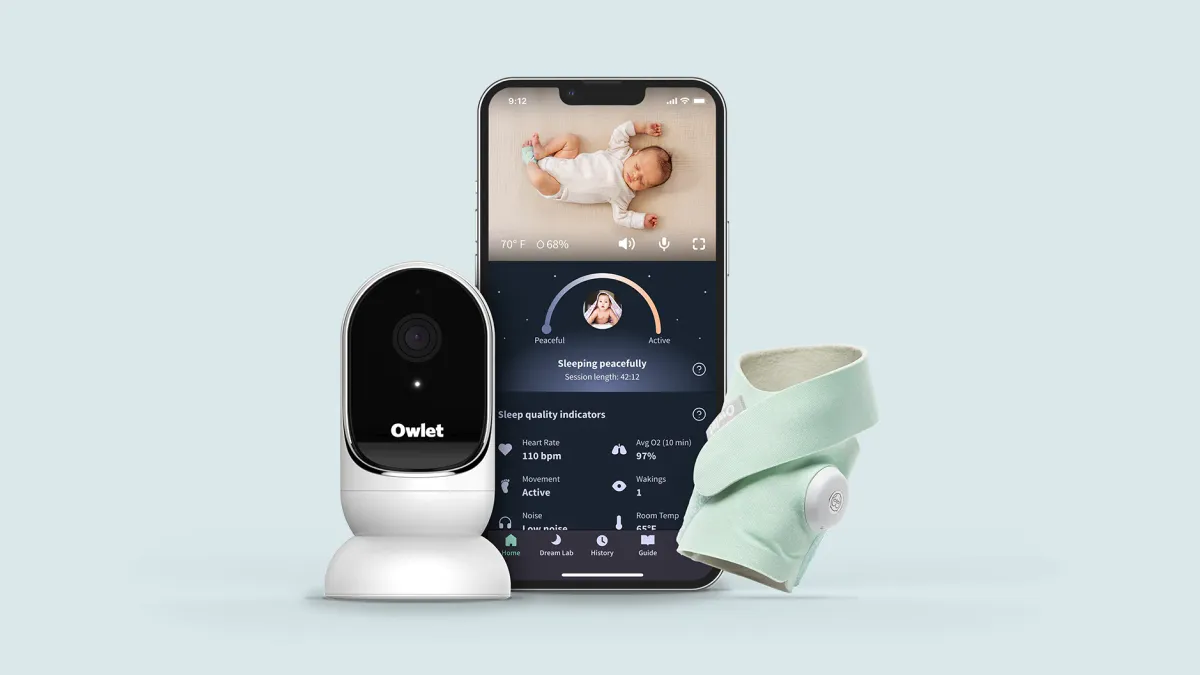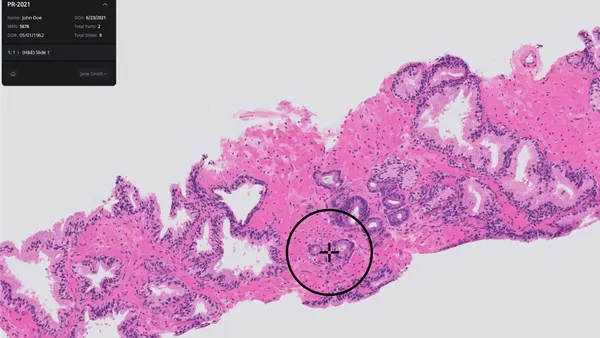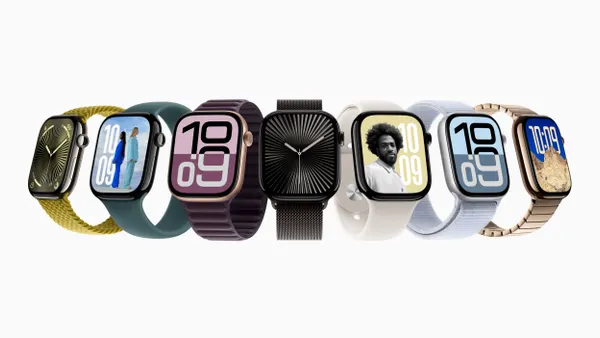Dive Brief:
- Owlet has filed a 510(k) premarket notification for a prescription-only medical device that checks the blood oxygen of babies.
- The company received a warning letter from the Food and Drug Administration last year after the agency concluded that a so-called smart sock Owlet sold to measure pulse and blood oxygen in babies was a medical device.
- Owlet responded by halting the sale of its sock in the U.S., leading to a $13 million refund liability, and by advancing its existing plans to launch a product aimed at the home healthcare market.
Dive Insight:
The filing of the 510(k) notification moves Owlet a step closer to being able to sell a prescription medical device that is designed to alert parents when their baby’s heart rate or oxygen saturation levels move outside of prescribed ranges.
News of the notification comes one year after the Food & Drug Administration issued a warning letter that accused Owlet of selling a medical device without clearance or approval. The situation with the FDA predates the warning letter with Owlet revealing during its special purpose acquisition company merger in the summer of 2021 that the agency disagreed with its conclusion that the smart sock was not a medical device.
While Owlet flagged the risk that the FDA could force it to stop selling the device, some investors responded to the warning letter by taking the company to court. Two putative class action complaints were filed in November 2021. The warning letter also led Owlet to agree to allow certain customers and retailers to return the smart sock, leading to the accrual of a refund liability.
Owlet already has made a different sock available to consumers. It wraps around a baby's foot and tracks when the infant wakes up, movement and heart rate, all of which can be monitored on an ordinary smart phone. The company launched the sock earlier this year after concluding that the product meets FDA guidance on general wellness.













